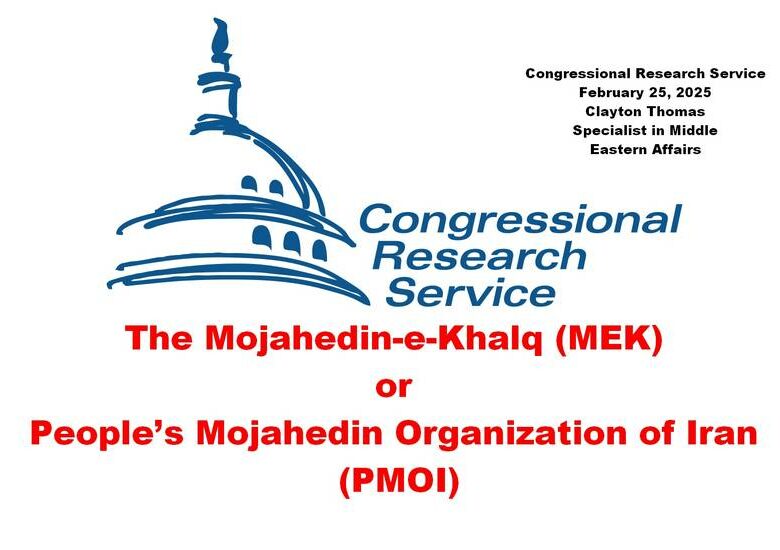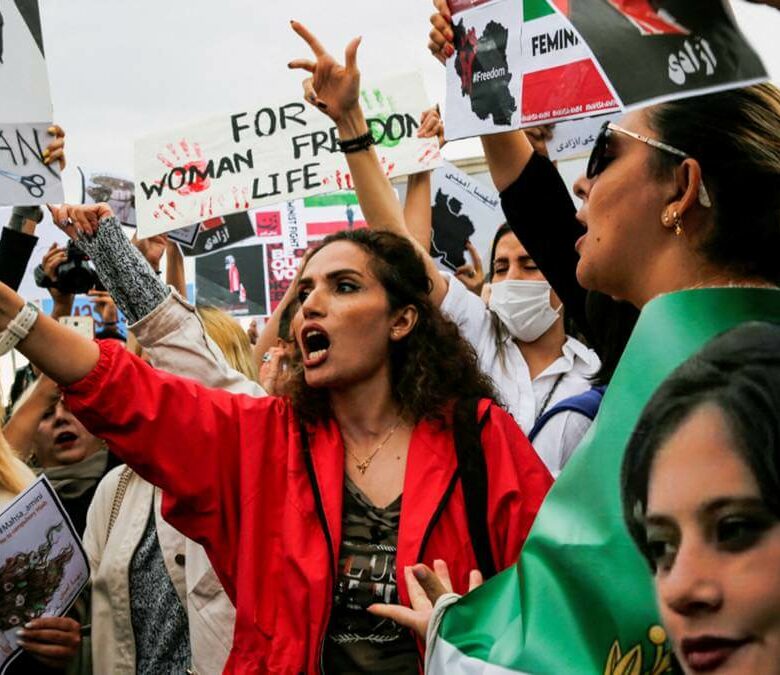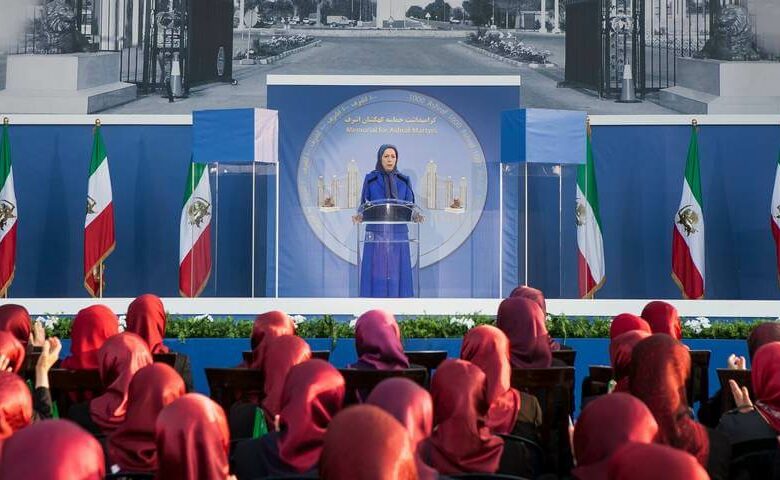
Failed Asylum Attempts by Former Mujahedin-e Khalq Members
January 26, 2008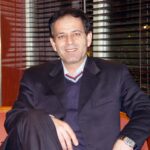
L’Ombre Longue de la Liberté
October 29, 2024Javad FIROZMAND’s Journey of Sacrifice and Hope.
I n the stillness of a Tehran night in 1976, a young boy of fourteen sat alone, his heart pounding with a mixture of fear and excitement. The air was thick with the tension of a nation on the brink of change, and Javad Firozmand could feel the weight of destiny pressing down on his shoulders.
Born into a world where the Shah’s regime ruled with an iron fist, Javad was just a boy when he first heard the whispers of revolution, the promises of freedom and democracy that flickered like a distant star on a dark horizon.
The People’s Mojahedin Organization of Iran (PMOI/MEK) spoke to his soul, igniting within him a fire that would never be extinguished. It was the call of justice, the dream of a better tomorrow for his people, that drew Javad into the folds of the MEK.
His young heart, full of hope and idealism, believed that through sacrifice and struggle, a new dawn could break for Iran.
The early days were filled with the intoxicating fervor of revolution. Javad’s life became a series of secret meetings held in the shadows, where words like “freedom” and “democracy” were whispered as if they were sacred prayers. He distributed leaflets, organized rallies, and spread the MEK’s message of resistance.
Each act of defiance against the Shah’s regime felt like a step closer to liberation, and with each step, Javad’s resolve grew stronger.
As the revolution of 1979 swept across Iran, Javad found himself at the epicenter of a nation’s collective yearning for change. The streets of Tehran roared with the voices of millions, their cries for justice reverberating through the air like a thunderclap.
The Shah’s regime crumbled under the weight of this tidal wave of dissent, and for a brief, shining moment, it seemed as though the dawn of a new era had arrived.
But the euphoria was fleeting. The dreams of a free and democratic Iran began to unravel as the new regime, led by Ayatollah Khomeini, tightened its grip on power. The revolution had promised liberation, but instead, it gave birth to another form of oppression.
The streets that once rang with the hopeful chants of revolutionaries now echoed with the heavy silence of fear. The MEK, once a beacon of hope, found itself persecuted and hunted by the very government it had helped to bring to power.
For Javad, the years that followed were a harrowing test of faith. The dangers he faced were no longer just from a distant regime but from within the very movement he had devoted his life to. The new rulers of Iran, intolerant of any opposition, turned their wrath on the MEK.
The space for dissent rapidly shrank, and those who dared to resist were met with brutal repression. Javad, once a passionate advocate for change, now found himself navigating a landscape fraught with peril, where every misstep could mean imprisonment, torture, or death.
In 1981, as the regime’s crackdown intensified, Javad made the agonizing decision to leave his homeland. It was a decision that tore at the very fabric of his being, for it meant leaving behind his family—his mother, his father, the warmth of their embrace that he would never feel again.
The pain of separation was like a deep wound that would never fully heal. He fled Iran with nothing but the clothes on his back and the unyielding hope that his sacrifice would not be in vain.
The journey out of Iran was a perilous one, a clandestine escape that took him through the treacherous terrain of Türkiye, Pakistan, and Iraq. Each step was shrouded in secrecy, each moment a test of endurance and will.
Javad traveled under assumed names, aided by a network of sympathizers who risked their lives to help him. The fear of capture was his constant companion, the thought of being handed over to the regime a nightmare that loomed over every mile.
Yet, despite the fear, Javad’s spirit remained unbroken. He pressed on, driven by the hope that one day, he would return to a free Iran. His journey was one of survival, but also of unwavering commitment to the cause.
In the camps of the MEK, he continued his work, now as a communications officer, where his expertise in electronics became a lifeline for the resistance. He upgraded communication systems, designed powerful transmitters, and ensured that the voices of the resistance could be heard across borders, even as the regime sought to silence them.
But with each passing year, the weight of disillusionment grew heavier. The MEK, once the embodiment of his dreams for a better future, began to reveal a darker side. The organization that had promised freedom had become a prison of its own making, where dissent was crushed and loyalty was demanded without question. Javad saw the ideals he had fought for slip away, replaced by an oppressive environment that stifled his very soul.
By 1993, the toll of these years of sacrifice and struggle had left Javad a shell of the passionate young man who had once believed so fervently in the cause. He had lost everything—his family, his homeland, the capital of his life’s dreams.
The MEK had taken everything from him, and now it demanded more. In the logistics department, where he was transferred, Javad found himself overseeing operations that no longer aligned with the values he held dear. The oppressive atmosphere, the constant surveillance, and the unyielding control began to erode his spirit.
In 2000, Javad could no longer bear the weight of his disillusionment. The organization that had once been his home had become a place of fear and repression. Escape was his only option, but it was a decision fraught with danger.
To leave the MEK was to risk everything—imprisonment, torture, or worse. The consequences of defection were severe, and the thought of being handed over to the Iranian regime was a specter that haunted his every thought.
Yet, Javad’s desire for freedom, for the life he had lost, was stronger than his fear. In a desperate bid for liberation, he attempted to flee the MEK, but his escape was thwarted. Captured by Saddam Hussein’s security forces, he was subjected to brutal torture before being handed back to the MEK in Baghdad. The days that followed were a blur of pain and suffering, as Javad endured severe mistreatment in the notorious Ashraf Barracks. But even in the darkest of times, the flame of his resolve never dimmed.
In 2003, against all odds, Javad managed to escape once more, this time finding refuge with American forces outside Ashraf. The journey had taken everything from him—his youth, his dreams, his very identity—but it had also given him a new purpose.
In 2005, he moved to France, and then, he finally broke his silence. At a press conference in Paris, Javad stood before the world and told his story. He revealed the truth about the MEK, the torture, the secret prisons, and the broken promises. His testimony was a powerful indictment of the organization that had taken so much from him. The media coverage was extensive, and Javad’s words echoed across the globe, shedding light on the suffering of those still trapped within the MEK’s grasp.
Since then, Javad has become an outspoken critic of the MEK, using his experiences to advocate for greater transparency and accountability. He has joined a community of former MEK members who share his commitment to exposing the truth, to ensuring that the world understands the true nature of the organization. Living in Paris, far from the land of his birth, Javad continues to fight for the ideals that once guided him—freedom, democracy, and justice.
His story is one of sacrifice and loss, but also of unyielding hope. Javad FIROZMAND’s journey from a young idealist in Tehran to a disillusioned ex-member of the MEK is a testament to the complexities of political struggle and the resilience of the human spirit.
Though he lost everything, he never lost sight of the dream that first drew him to the cause. And in the quiet moments of reflection, as he looks back on the path he has traveled, Javad knows that his fight is far from over.
The scars he carries are a reminder of the price of freedom, but they are also a testament to the enduring hope for a brighter tomorrow—for himself, for his homeland, and for all those who dare to dream of a better world.
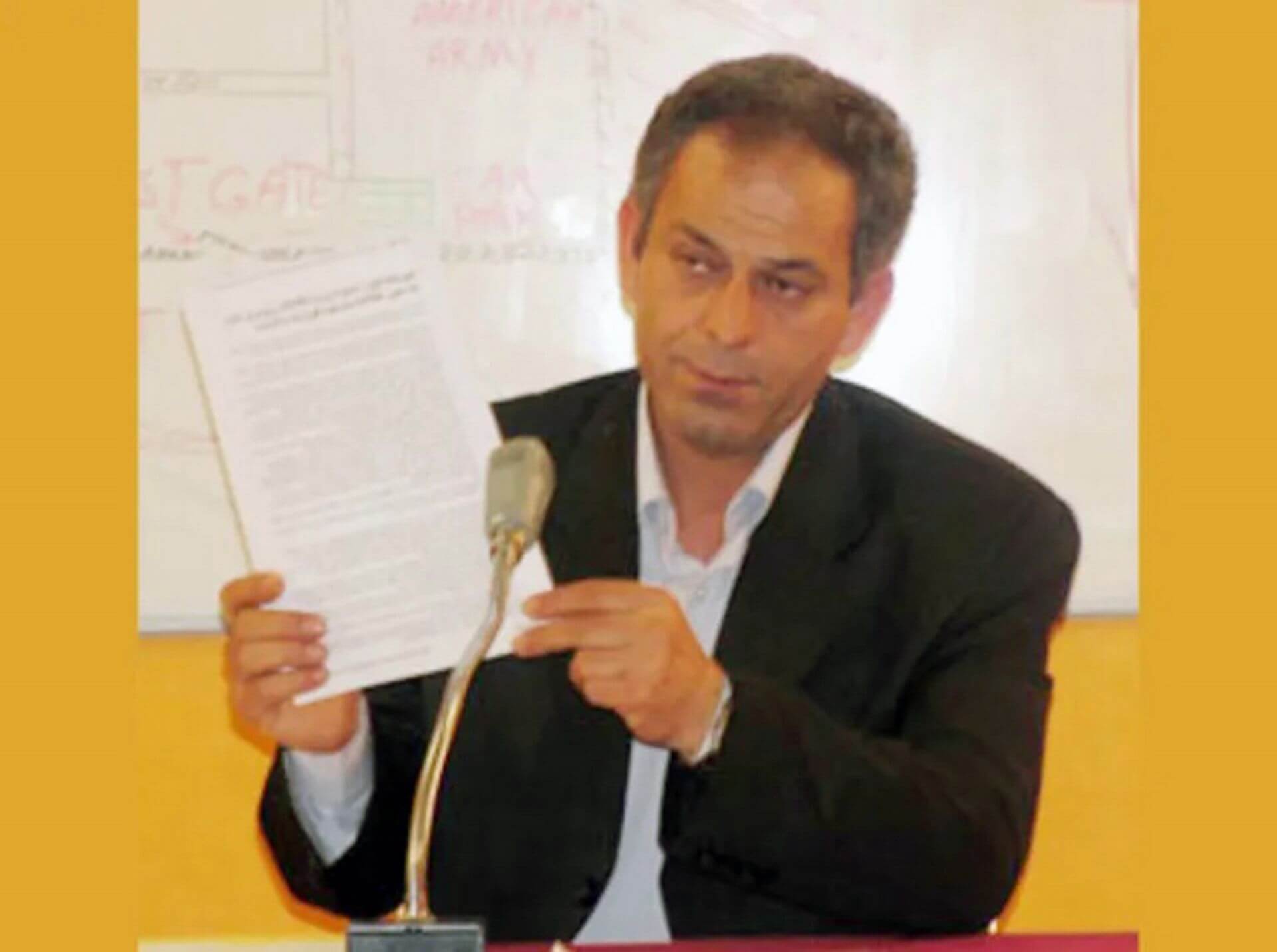
Javad FIROZMAND at the press conference, June 2005 Paris, France
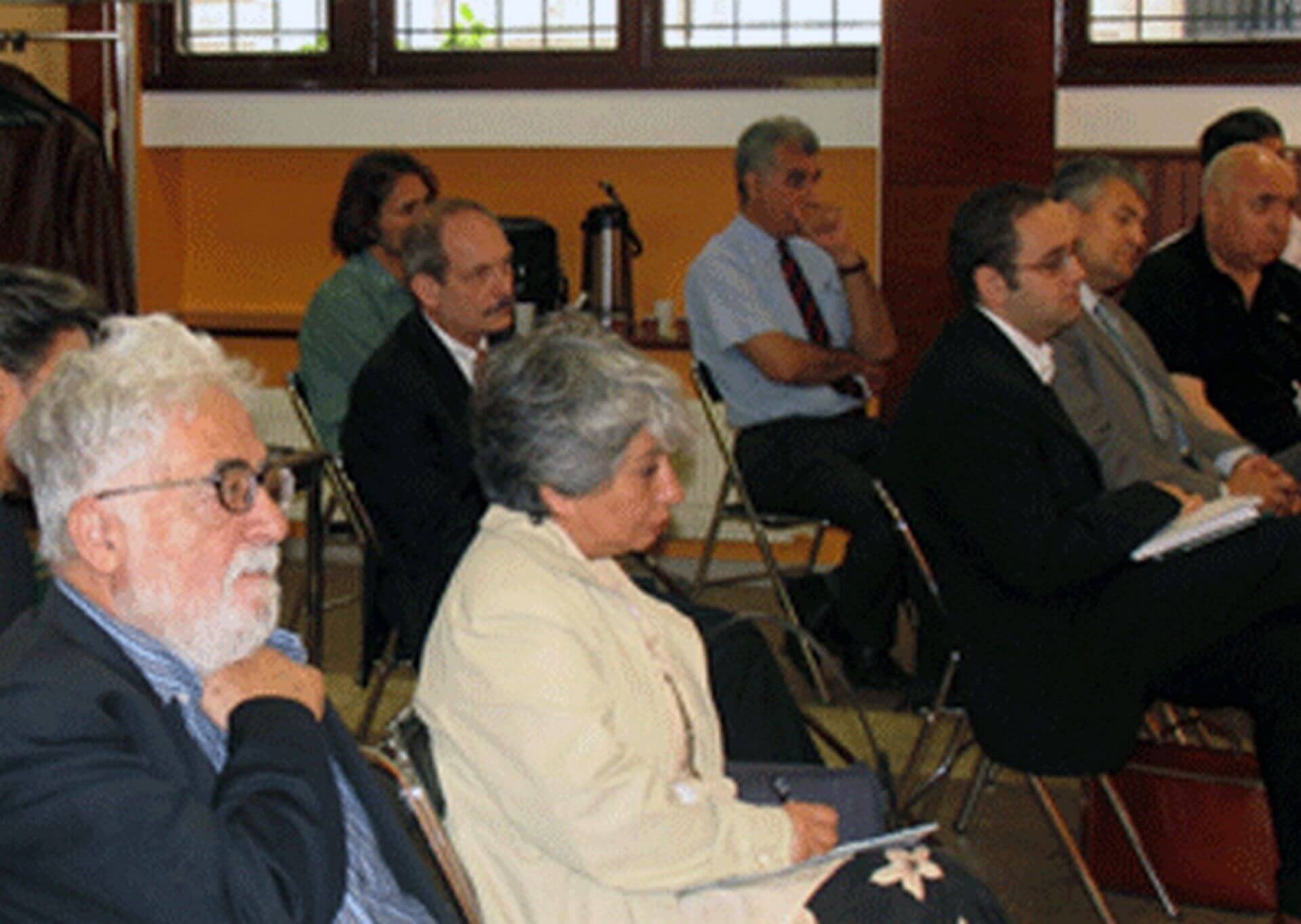
Press conference, June 2005 Paris, France: Dr. Ehsan Naraghi, Frangis Habibi from Radio France, Alain Chevalérias - Journaliste, écrivain, Manouchehr Shelali, Dr. Ali Rastbeen, ...
F urther Reading:
Human Rights Watch’s 2005 report on the People’s Mojahedin Organization of Iran; Statement on Responses to Human Rights Watch Report on Abuses by the Mojahedin-e Khalq Organization (MKO) https://www.hrw.org/news/2006/02/14/statement-responses-human-rights-watch-report-abuses-mojahedin-e-khalq-organization
Coverage by Coverage by BBC Radio, Radio France Internationale (rfi), Al Jazeera, Voice of America (VOA), Radio Farda, German radio reports, ….
No Exit:
Human Rights Abuses Inside the Mojahedin Khalq Camps
https://www.hrw.org/legacy/backgrounder/mena/iran0505/



